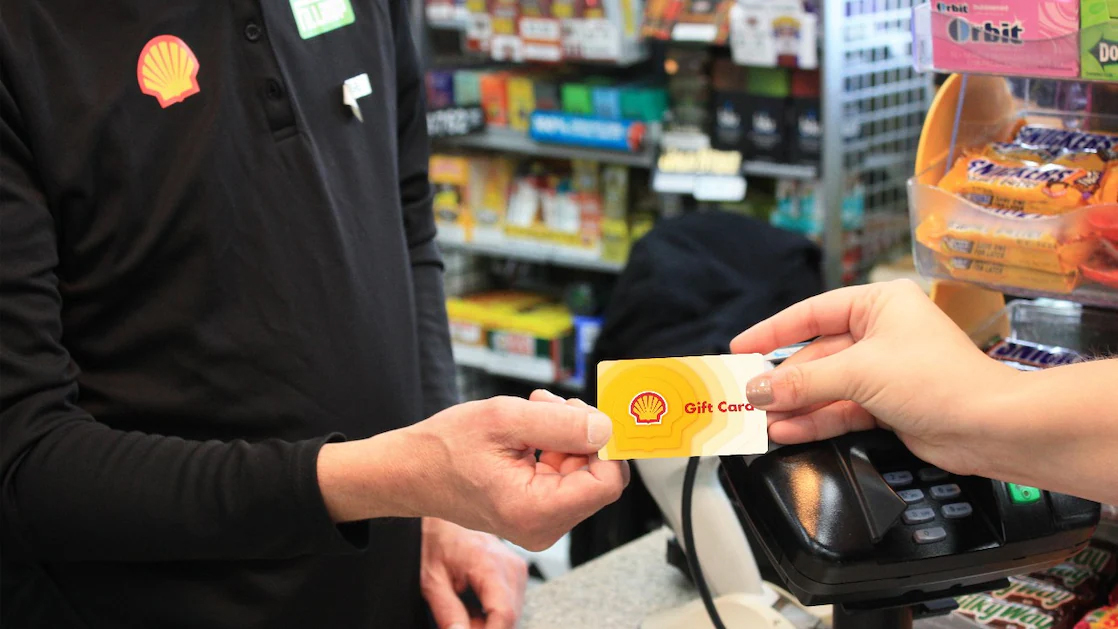Alibaba has trimmed its partnership structure, reducing the number of partners by nine to 17, according to its FY2025 annual report released June 26. Notably, Jiang Fan, CEO of Alibaba’s e-commerce unit, has returned to the partner committee two years after rejoining as a partner.
Why it matters: Alibaba’s partnership structure is the company’s true power center – more influential than board seats or equity stakes. While founder Jack Ma’s exact shareholding is no longer disclosed and top executives like Joe Tsai hold modest stakes (1.45%), the partnership model grants them control over board nominations and succession. The latest reshuffle, which removed several long-serving figures and elevated e-commerce head Jiang Fan, signals a generational shift in who steers Alibaba’s culture and strategy. As domestic growth slows and global expansion accelerates, maintaining cohesion within the partnership is critical to preserving Alibaba’s governance stability and its founding vision – regardless of who owns the shares.
Details:
- According to Alibaba’s FY2025 annual report, the current partner committee includes Jack Ma, Joe Tsai, Eddie Wu, Jeff Zhang, and Jiang Fan. Longtime Alibaba executive Peng Lei has stepped down from the committee and is no longer a partner.
- Beyond Peng, nine others have exited the partnership: former chairman and CEO Daniel Zhang, Alibaba founding member Jane Jiang (Dai Shan), ex-Local Services Group head Yu Yongfu, former CFO Maggie Wu, Ele.me president Fang Yongxin, AIDC VP Song Jie, Alibaba Foundation chair Sun Lijun, and Alibaba Health chair Zhu Shunyan. Following the adjustment, Alibaba’s partnership now stands at 17 members, down from 26 and 28 in the previous two fiscal years.
Context:
- Founded by Jack Ma, Alibaba’s partnership system – introduced internally in 2010 and publicly acknowledged in 2013 just before its IPO – has been more consequential than any single business decision in shaping the company. The partnership serves as Alibaba’s highest collective decision-making body, with powers that include nominating a majority of the board and appointing interim directors if needed.
- To become a partner, candidates must have worked at Alibaba for over five years, deeply embrace its culture, make substantial contributions, and secure at least three-quarters of partner votes – meaning 13 out of 17 under the current roster. This ensures that Alibaba’s cultural DNA and core values are safeguarded, keeping control effectively in the hands of founders and their trusted successors, regardless of who owns the shares.
- At just 39, Jiang Fan is the youngest member of the committee. After joining Alibaba in 2013, he quickly rose to head Taobao and Tmall, became a partner in 2019, but was dropped in 2020 following personal scandals that sparked market concerns over potential related-party dealings. An internal probe found no misconduct but still removed him from the partnership.
- Jiang later took charge of Alibaba’s overseas digital commerce unit. Following the “1+6+N” restructuring, he became CEO of the International Digital Commerce Group, holding three of the 30 board seats across major units. As domestic e-commerce growth slowed, Alibaba’s international segment, under Jiang, continued to outpace. In May 2024, he was promoted to co-chair of the international business, and by July officially returned to the partner roster.
- Financially, in FY2025 Alibaba reported RMB 996.3 billion ($139.05 billion) in revenue, up 6% year-on-year, with net profit jumping 77% to RMB 125.9 billion ($17.57 billion). Non-GAAP net income rose slightly to RMB 158.1 billion ($22.06 billion).
Related








